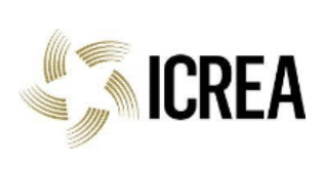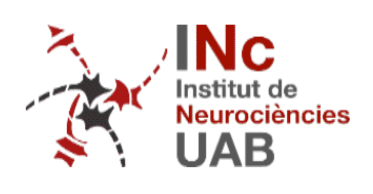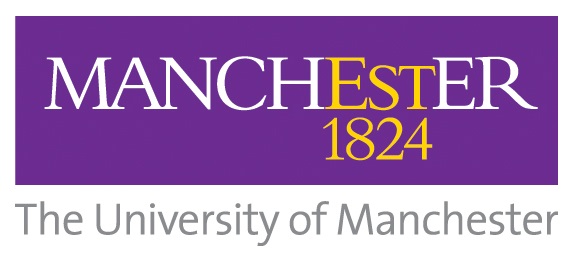Neuropharmacology, 2018, 132, 108-117
Gene therapy and editing: Novel potential treatments for neuronal channelopathies
Pharmaceutical treatment can be inadequate, non-effective, or intolerable for many people suffering from a neuronal channelopathy. Development of novel treatment options, particularly those with the potential to be curative is warranted. Gene therapy approaches can permit cell-specific modification of neuronal and circuit excitability and have been investigated experimentally as a therapy for numerous neurological disorders, with clinical trials for several neurodegenerative diseases ongoing. Channelopathies can arise from a wide array of gene mutations; however they usually result in periods of aberrant network excitability. Therefore gene therapy strategies based on up or downregulation of genes that modulate neuronal excitability may be effective therapy for a wide range of neuronal channelopathies. As many channelopathies are paroxysmal in nature, optogenetic or chemogenetic approaches may be well suited to treat the symptoms of these diseases. Recent advances in gene-editing technologies such as the CRISPR-Cas9 system could in the future result in entirely novel treatment for a channelopathy by repairing disease-causing channel mutations at the germline level. As the brain may develop and wire abnormally as a consequence of an inherited or de novo channelopathy, the choice of optimal gene therapy or gene editing strategy will depend on the time of intervention (germline, neonatal or adult).
This article is part of the Special Issue entitled ‘Channelopathies.’








